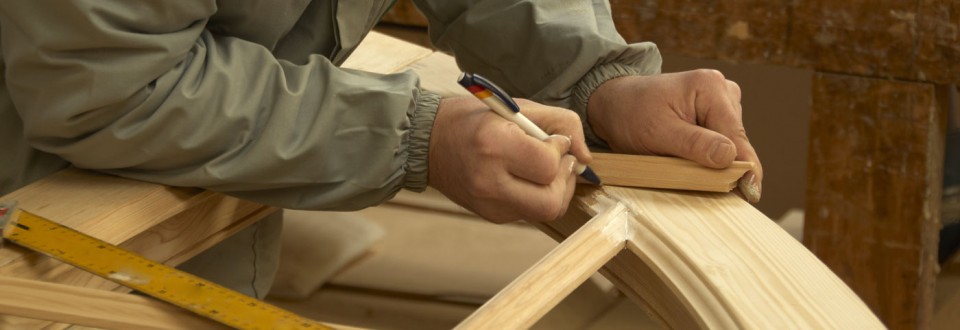Carpenters and joiners are in constant demand in the United Kingdom whether to build bespoke products in a workshop or working on construction sites. If you have interests in employing yourself and you want to combine it with the existing skills in the carpentry industry, a career as a professional carpenter can be an excellent way to go it alone.
Before starting a carpentry business in the UK, there are various factors to consider which include advertisement, tax, clients and the registration processes. Here is a guide starting a carpentry business in the United Kingdom.
Skills and Requirements
To become a professional carpenter in the United Kingdom, you need to have various skills and requirements. Carpenters build an array of wood fixtures as well as fittings for buildings. They also use a wide range of power and hand tools. The aspects of the carpentry job include:
• Assembling and making interiors for bars, offices, and shops
• Installing partition walls, floorboards, constructing timber window frames and roof timbers
• Making doors, staircases, and furniture
• Understanding the requirements from technical plans and drawing
Most individuals like become professional joiners and carpenters after completing an apprenticeship. You can also take other qualifications in carpentry such as BTEC and NVQ. Other skills include technical ability, arts, design technology, and creativity. You will also need level one as well as level two qualifications in joinery and carpentry.
Certification for Carpenters
The CSCS, commonly known as the Construction Skills Certification Scheme provides cards to United Kingdom construction employees to prove they have relevant qualifications and training. Most contractors will require everybody they hire to have construction skills and a certification scheme card.
The card you are eligible for depends on the type of work you do and the level of training. As a carpenter in the United Kingdom, having any of the NVQ diploma levels means you can apply for gold, blue or green CSCS card. You will also need to prove your training by passing the CITB which includes Health, Safety and Environmental tests.
Becoming a Self-Employed Carpenter
Once you have got the much-needed qualifications, experience, and certification, you can decide to set up your own carpentry business. Some of the things you will need to consider when starting a carpentry enterprise include the business structure, starting capital, and insurance.
Gaining Clients and Marketing Yourself
It is an excellent idea to set a website that includes some of your details, your work examples, and further details. See Eastwood’s Carpentry for a good example of how their work across Leicestershire is displayed with a list of skills and experience. Mention the type of insurance you have, qualifications awarded and your membership of certification schemes and trade bodies.
















